How to Think Like a Nuclear Physicist

Once we have some new information on board, how do we break it down and work out if it’s any good or not?
How will you know which parts of new information are useful?
And how can we turn information into our own creativity?
Let’s visit a very smart man. Physicist Richard Feynman challenged many assumptions about how the world works and was responsible for many of the major breakthroughs in the field of physics in the 20th century, from superfluidity of helium to a Nobel Prize for quantum decay.
He read and learned everything that there was to learn about physics that the greats before him could offer – no short-cuts there – but once that was learned, one part of his own mindset made all the difference.
He would question everything as if he was completely naïve.
His exercise was ‘If I were an alien from another universe, observing this or that, what questions would I ask?’ So this very smart man would ask himself some very stupid questions in order to challenge assumptions.
He would ask why we cook food, why tyres are round, why we breathe and what would happen if we didn’t, and sometimes he would also think about physics.
By doing this, he challenged every assumption that previously was invisible, and took the information he learned from being static into a living, dynamic part of himself. In a single afternoon, to win a bet of a dollar per invention, he came up with two dozen ways to use a nuclear generator, including the now commonplace nuclear submarine, mostly because of how much he owned his own knowledge through questioning, questioning, questioning.
We can do the same with business. Step out of our own heads and ask, as if alien, ‘Why do we do this? Why does it involve this step, and this and this? Why do we do this like this? Is there reason, or a tradition? I’ve just heard another business do this other thing. Will that apply to my industry too?’
In this way, we may discover assumptions we never knew we had. We assume we know why our customers choose us, but have you ever asked them? What is it about us that attracts them? Do they want the rest of what we do, or is that a process that we can cut away to streamline our service and do more of the desired thing?
This is how to turn information you don’t own into creativity that you do. By asking new and seemingly obvious questions, you’ll gain a depth of knowledge and see opportunities in a way that you never could have before.
Even if you don’t reinvent the lightbulb, you will have achieved three things:
- Deepened your own understanding of the industry
- Trained your mind to think critically and inventively
- Engaged your curiosity so that you will be even more fascinated by the business you are already in
The knowledge is no longer laying in a box, it is a tool in your skilled hand, and you can create something with it, to be creative and authoritative.

